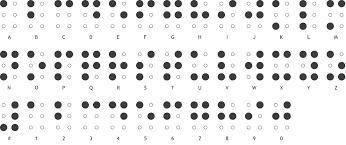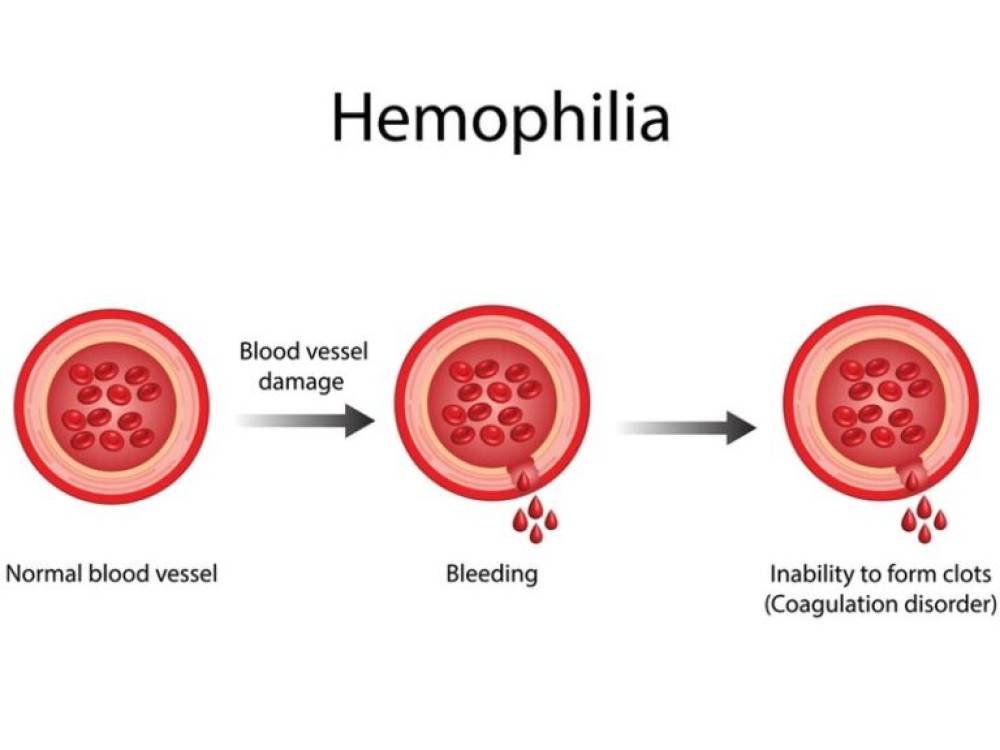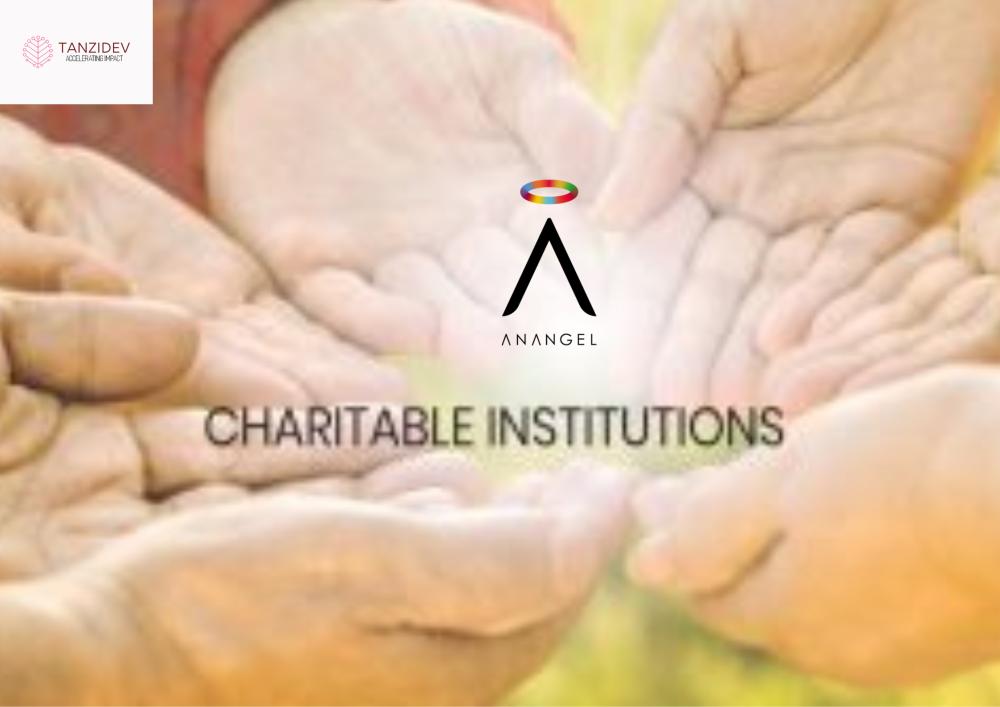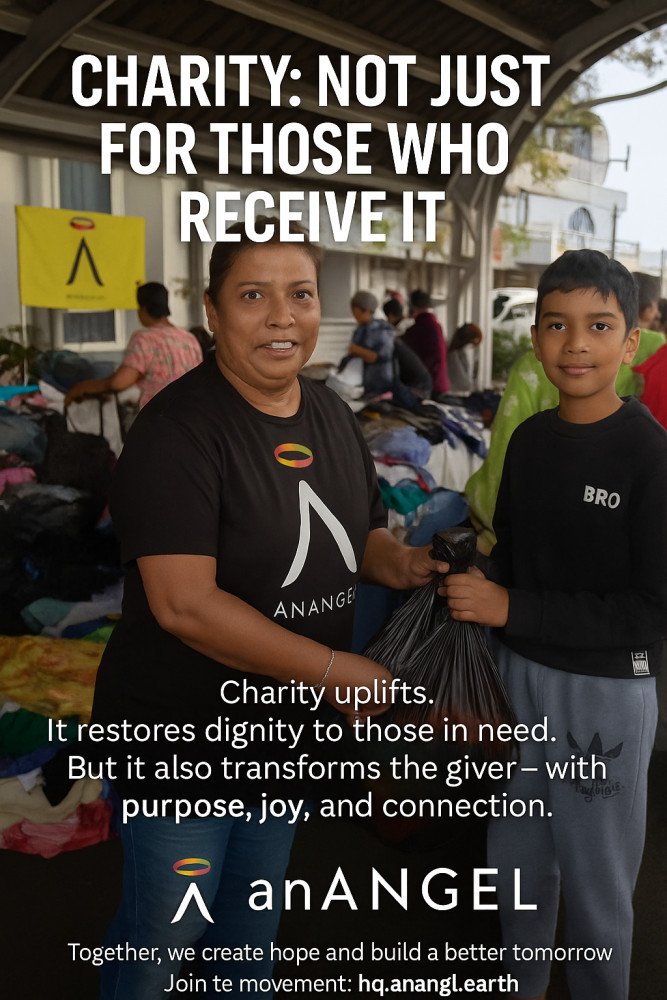

Understanding Hemophilia: A Closer Look at Its Impact in Mauritius and the Role of NGOs
Hemophilia is a genetic disorder where blood does not clot properly due to the deficiency or absence of certain clotting factors. This leads to difficulties in stopping bleeding after an injury or during spontaneous bleeding episodes. The two most common types of hemophilia are:
- Hemophilia A: Caused by a deficiency of factor VIII.
- Hemophilia B: Caused by a deficiency of factor IX.
Impact of Hemophilia in Mauritius
While the number of people affected by hemophilia in Mauritius is relatively small, the condition poses unique challenges. Patients often require ongoing medical care and treatment to manage their symptoms and prevent complications. The lack of awareness and specialized care can make it difficult for affected individuals to receive the support they need.
NGOs Supporting Hemophilia Patients
Several NGOs in Mauritius are dedicated to supporting individuals with hemophilia and their families. These organizations play a crucial role in providing medical assistance, raising awareness, and offering emotional support. Notable NGOs include:
Mauritius Hemophilia Association (MHA):
- Provides medical support and access to treatment.
- Offers educational programs about managing hemophilia.
- Advocates for better healthcare policies and access to specialized care.
Association of Hemophilia and Blood Disorders (AHBD):
- Focuses on raising awareness and educating the public about hemophilia.
- Organizes support groups and community events to connect patients and families.
- Works with healthcare providers to improve treatment options and care standards.
Precautionary Measures for Hemophilia Patients
Managing hemophilia effectively involves a combination of medical treatment and precautionary measures to prevent bleeding episodes and complications. Key measures include:
Regular Medical Check-ups:
- Ensure routine visits to a hematologist for monitoring and treatment adjustments.
- Regular screening to manage and prevent complications.
Medication Adherence:
- Follow prescribed treatment plans, including clotting factor replacements and other medications.
- Maintain a well-stocked emergency kit with necessary medications.
Lifestyle Adjustments:
- Avoid activities that carry a high risk of injury.
- Adopt a safe exercise regimen to strengthen muscles and joints.
Education and Awareness:
- Educate patients, families, and caregivers about hemophilia and its management.
- Promote awareness within the community to foster understanding and support.
Emergency Preparedness:
- Have a plan in place for managing bleeding episodes or injuries.
- Ensure access to medical facilities that specialize in treating hemophilia.
Link to SDG 3
Efforts to support individuals with hemophilia are directly aligned with Sustainable Development Goal 3, which seeks to ensure healthy lives and promote well-being for all. By addressing the needs of hemophilia patients through medical care, education, and community support, NGOs contribute to improving health outcomes and quality of life. Their work helps to build a more inclusive and equitable healthcare system that benefits all members of society.
Conclusion
Hemophilia is a challenging condition that requires comprehensive management and support. In Mauritius, NGOs like the Mauritius Hemophilia Association and the Association of Hemophilia and Blood Disorders play a vital role in supporting patients and raising awareness. By implementing precautionary measures and fostering community understanding, we can work together to improve the lives of those affected by hemophilia and contribute to the broader goals of SDG 3.
Call to Action
If you want to learn more about hemophilia or support initiatives for patients, consider reaching out to the Mauritius Hemophilia Association or the Association of Hemophilia and Blood Disorders. Your involvement can make a significant difference in the lives of those affected by this condition.


